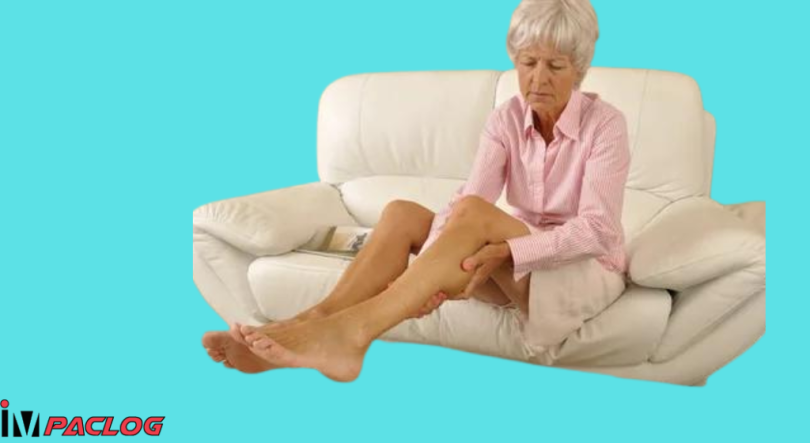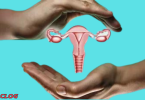These cramps occur mainly in the leg muscles, but they can also occur in the thighs or feet. Learn more about leg cramps at night and how to stop them.
Leg cramps during the night usually cause unpleasant awakenings from sleep. These cramps occur mainly in the calf muscles in the legs, but they can also occur in the thighs or feet. Nighttime leg cramps are very painful and cause the muscles to feel tight or knotted. Symptoms can last from a few seconds to several minutes, and muscle pain may also occur after the spasm resolves.
Nighttime leg cramps cause pain and discomfort and can lead to other problems. Cramps can disrupt sleep and disrupt a person’s sleep cycle, which may make them feel tired or lethargic the next day. Leg cramps may make it difficult to sleep, which can lead to problems such as insomnia over time.
Nighttime leg cramps and how to stop them:
What is the difference between nocturnal leg cramps and restless legs syndrome?
Although both types of leg disorders tend to occur at night or at rest, restless legs syndrome does not cause severe pain or cramping.
Although restless legs syndrome is not painful, it is more annoying because it results in an urge to move your legs. During movement, the discomfort subsides, but returns when movement stops. This does not happen with nocturnal leg cramps, where tight muscles must be actively stretched for relief.
Who is most likely to suffer from nocturnal leg cramps?
Although anyone can experience leg cramps at night, the number of people who suffer from them increases with age. The percentage of women who suffer from leg cramps during the night is slightly higher than the percentage of men.
About 40% of pregnant women suffer from leg cramps at night, and between 50 and 60% of adults suffer from these cramps.
What causes leg cramps?
The causes of leg cramps at night are often unknown, but have been linked to muscle fatigue and nerve problems. A number of conditions can have an effect, including sitting for long periods or sitting incorrectly, and standing or working on concrete floors for a long period leads to muscle fatigue.
Sitting or lying in a certain way can restrict movement or blood flow to the legs, such as crossing one leg over the other or crossing your legs, leading to cramps.
Muscle fatigue is the main cause of leg cramps, and athletes are more likely to experience leg cramps after performing higher levels of normal activity. Excessive stress, such as intense exercise on the muscles for a long period, can cause some people to experience more severe cramps later in the day.
Nighttime leg cramps have also been linked to certain medical conditions, including narrowing of the arteries and circulatory disease, narrowing of the spinal canal in the lower back, which may put pressure on the nerves running to the legs, pregnancy, dehydration, and Parkinson’s disease. Kidney and liver failure, and osteoporosis. peripheral nervous system. And endocrine disorders.
Some medications can cause leg cramps at night, such as diuretics, blood pressure medications, and dialysis.
Are there any tests required to evaluate nocturnal leg cramps?
A doctor usually only needs a medical history to diagnose nocturnal leg cramps. The doctor may ask questions such as:
– When do you feel leg cramps and how often do they occur?
-How would you describe your leg pain?
- How long does the pain last?
-What medications are you currently taking?
- What are the known diseases that you suffer from?
Routine blood tests are not useful in diagnosing nocturnal leg cramps, but they can help identify previously undiagnosed medical problems. A physical examination and other tests may be done to help identify other causes of muscle spasms.
How can I overcome the pain caused by nighttime leg cramps?
Strengthening the affected muscle is usually the most effective way to relieve spasticity. This is done by bending the foot upward to lengthen the muscle. You may be able to relieve the cramp by walking, swinging, or massaging the leg. Warm baths or showers may also be helpful.
Taking NSAIDs such as ibuprofen or aspirin will not help relieve cramps because cramps are not related to inflammation. This may help treat pain caused by spasms, but it will not relieve spasms.
Trying a vitamin B12 complex may be helpful, but some researchers say there’s not enough evidence right now to recommend pain relievers, antiepileptic medications, magnesium, or vitamin E to reduce cramps and nighttime sensations in the legs.
How to prevent leg cramps at night?
Drinking plenty of water to keep the body hydrated helps prevent leg cramps at night. Likewise, a simple leg extension exercise before bed reduces the risk of cramps.
Some people find that they don’t feel cramped if they do some light exercise at the end of the day. This may include activities such as walking or taking a break







